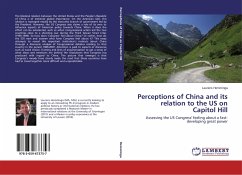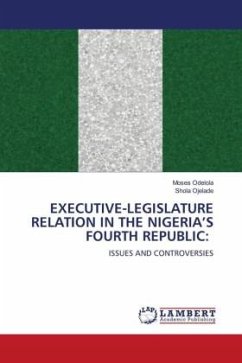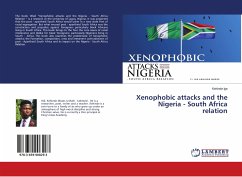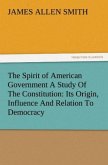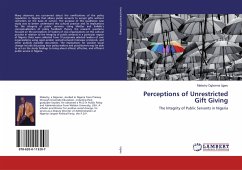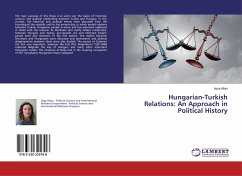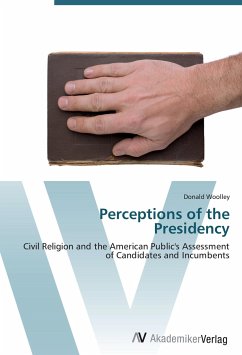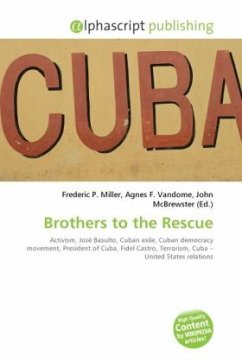The bilateral relation between the United States and the People s Republic of China is of immense global importance. On the American side, this relation is managed mostly by the executive branch of government led by the President. However, the US Congress also claims a role of its own to influence aspects of American policy towards China. When it does the effect can be substantial, such as when Congressional action led the two countries close to a shooting war during the Third Taiwan Strait Crisis (1995-1996). So how does Congress feel about China? Or rather, how do the 535 men and women who form Congress feel about it? This essay attempts to reveal this important institution s instincts about China through a discourse analysis of Congressional debates relating to that country in the period 1989-2007. Attention is paid to aspects of discourse such as word choice, framing and lines of argumentation to get a sense of what ideas and emotions are behind the resolutions that Congress has produced with regard to China. The picture that emerges is that Congress s moods have clearly made the road that these countries have had to travel together more difficult and unpredictable.

